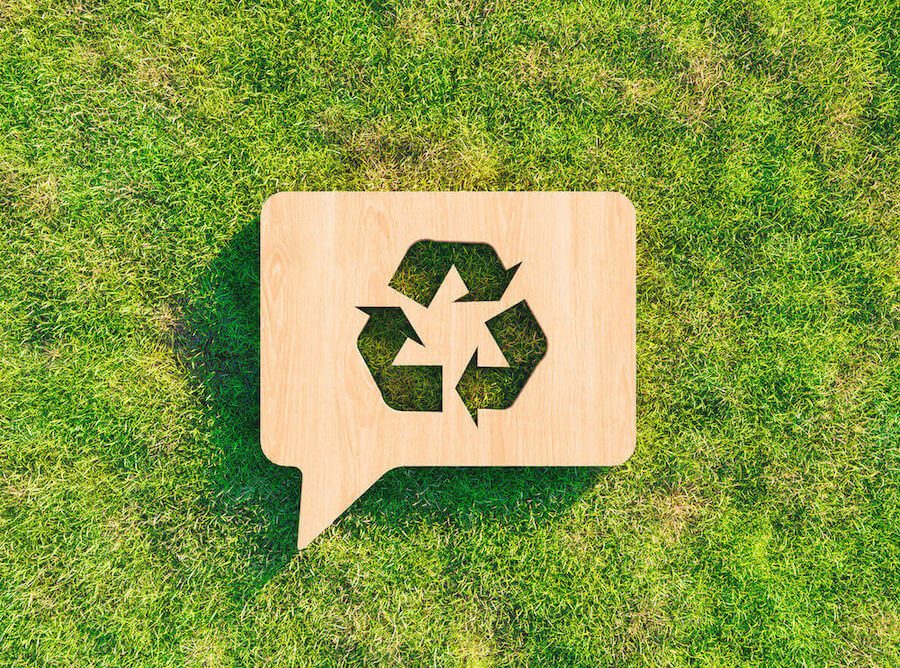
Sustainability 101
Sustainability is an important part of the modern world, and understanding it can help you make better decisions about your own consumption habits. For example, if you know that recycling plastic saves energy and resources, then you'll be more likely to recycle. Today we'll take a look at what sustainability means, what some simple ways are to get started going green, and where you can find more information about how to live sustainably.
A Guide to Going Green
Sustainability is a big word, but it's not difficult to understand. Sustainability means the ability to be sustained—in other words, living in a way that allows you to continue living.
Achieving sustainability doesn't have to mean becoming a hermit who lives off the land and doesn't use any resources whatsoever; rather, it's about making smart choices about how we live our lives so that all members of society can thrive for generations to come. The easiest way to achieve sustainability is through reducing carbon emissions (or "carbon footprint") and recycling or reusing materials whenever possible.
What does going green mean?
Going green is about making small changes in your life that will have a big impact on the environment. To go green, you can change your habits and support companies that are trying to be more environmentally friendly. You can also support politicians who want to make changes so that there is a better future for our planet. These small changes add up when millions of people make them together!
What are some ways to go green?
So, what are some ways to go green? There are tons of ways to make small changes in your daily life that can make a big difference. These simple tips will help you get started and get more comfortable with the idea of being sustainable.
- Reduce, reuse and recycle. This is a no-brainer. If you can reduce something like water use or energy consumption, then do it! Also, if you see something that needs to be recycled (paper towels or plastic bottles), take care of it right away! The best way to reduce waste is by refusing single-use items such as bags at grocery stores and straws at restaurants.
- Use less energy through unplugging electronics when they're not in use (like phones) or turning off lights when leaving rooms for extended periods of time (like when going out). Try setting timers on lights so they turn off automatically at night so that there's no temptation from laziness (or forgetfulness) about leaving them on all day long!
- Use less water by turning off faucets while brushing your teeth (or shaving) instead of letting them run full blast while doing things like rinsing dishes under running water after washing them off with soap first thing every morning before work/school etcetera...
Why should we go green?
- Save the planet!
- Reduce your carbon footprint
- Save money!
- Have a healthier life
Small changes can amount to a big difference. Try starting with one small change today, and then add another tomorrow.
A lot of us think about going green as a big undertaking. But in reality, small changes can add up to big savings. You just need to know where to start.
For example: if you don't mind the taste of your tap water, then skip the bottled stuff and use a filter instead of buying bottled water. If that sounds like too much work, try installing an aerator on a faucet instead! Both are easy and free ways to reduce plastic consumption—and both are fun ways to give back to nature!
Conclusion
Hopefully, this article has given you a place to start. You are already doing something to help the environment by reading this article, and we want to encourage you to keep going! Start with small changes in your life, like recycling one plastic bottle or turning off lights when you leave a room. The important thing is that each change makes an impact on our world and how we treat it. By choosing sustainability-friendly options when possible, we can all make a difference in the world around us.















